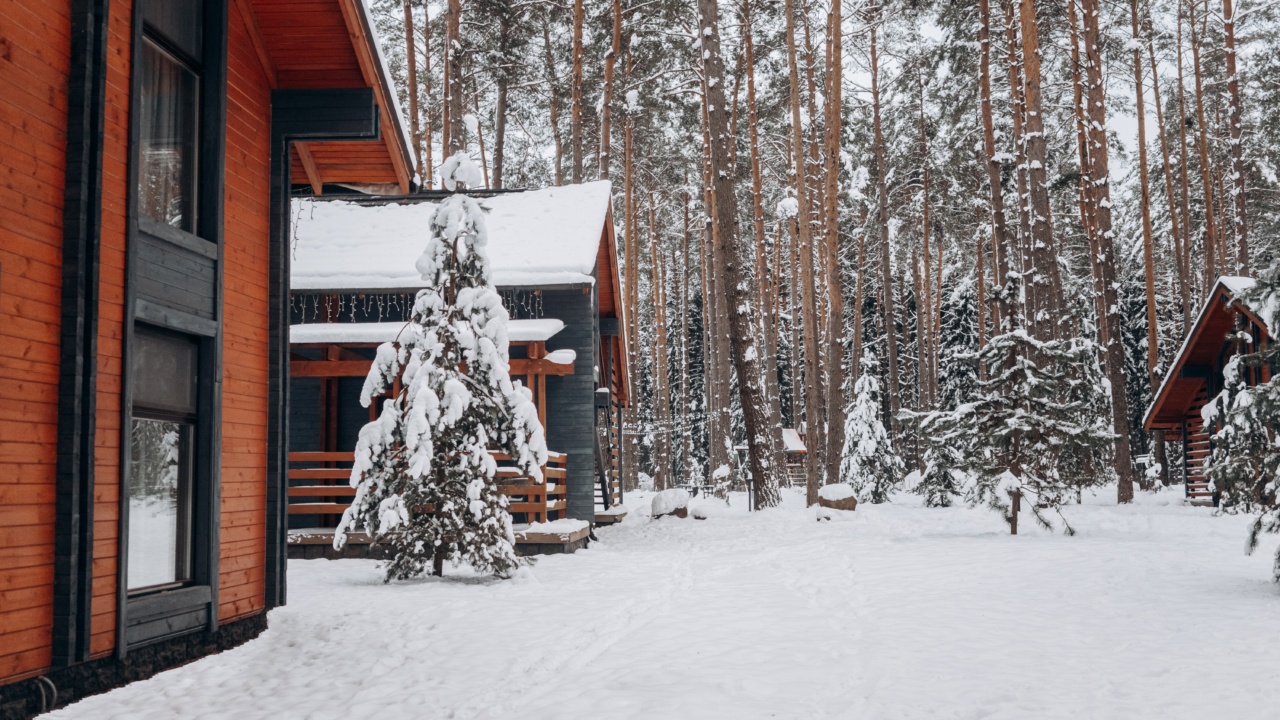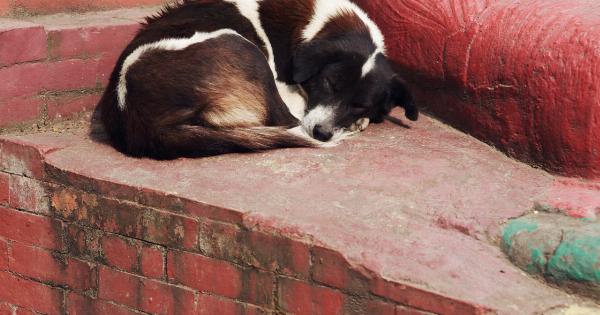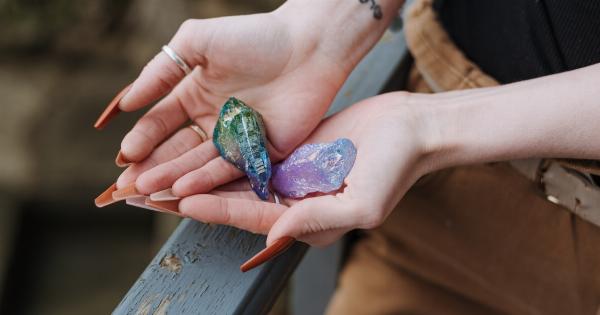Eczema, also known as atopic dermatitis, is a skin condition that causes red, itchy, and inflamed skin. It affects approximately 31.6 million people in the United States alone, and its prevalence is increasing.
While eczema can be triggered by many factors, certain triggers are more common in chilly weather. In this article, we will discuss some of the common triggers of eczema in cold weather and how you can manage this uncomfortable condition.
1. Low humidity
Dry air is a common trigger for eczema. During the chilly months, the humidity level drops, making the air dry. This can lead to skin dryness and irritation. One way to combat this is to use a humidifier inside your home.
A humidifier adds moisture to the air, which helps to keep your skin hydrated. You can also take short showers, avoid hot water, and use a moisturizing lotion immediately after bathing to help lock in moisture.
2. Hot showers
While it may seem like a good idea to take a hot shower on a chilly day, hot water can actually make eczema worse. Hot water can strip the skin of its natural oils, leading to dryness and irritation. Instead, take a short shower with warm water.
Avoid using harsh soaps and body washes, as they can also dry out the skin. Use a gentle cleanser, and apply a moisturizer immediately after bathing to help soothe the skin.
3. Cold and windy weather
Cold and windy weather can cause the skin to become dry and irritated. Exposure to the cold can lead to a decrease in the skin’s natural oils, leaving it vulnerable to irritation and itching.
When going outside in chilly weather, be sure to wear protective clothing, such as gloves, scarves, and hats. Try to limit your time outside, and avoid extended exposure to cold and windy weather. Apply a moisturizer before going outside, and reapply as necessary throughout the day.
4. Indoor heating
Indoor heating can also contribute to eczema flare-ups. When the air inside your home is dry, it can lead to skin dryness and irritation. To combat this, use a humidifier to add moisture to the air.
You can also try using a moisturizing lotion or cream on your skin to help lock in moisture.
5. Wool clothing
Wool clothing can be irritating to the skin, especially for people with eczema. Wool fibers can rub against the skin, causing itching and irritation. Instead, try wearing cotton or other soft fabrics that are gentle on the skin.
If you must wear wool, layer it over a cotton shirt or other soft fabric to help minimize skin contact.
6. Stress
Stress is a common trigger for eczema, and the chilly weather can often cause additional stress. To help manage stress, try relaxation techniques such as deep breathing, meditation, or yoga.
You can also try to find ways to reduce stress in your life, such as getting enough sleep, exercising regularly, and avoiding stressful situations.
7. Diet
Diet can also play a role in eczema flare-ups. Some foods, such as dairy, nuts, and wheat, can trigger eczema symptoms.
During chilly weather, it’s common to indulge in comfort foods, such as hot cocoa and baked goods, which can contain these trigger foods. Be mindful of what you eat, and try to avoid trigger foods as much as possible.
8. Allergens
Allergens such as pet dander, pollen, and mold can also trigger eczema symptoms. During the chilly months, we spend more time indoors, which can expose us to these allergens.
To help minimize exposure, use an air purifier, vacuum regularly, and wash your bedding in hot water weekly.
9. Harsh chemicals
Harsh chemicals, such as those found in laundry detergent, cleaning supplies, and personal care products, can also trigger eczema flare-ups. During chilly weather, we spend more time indoors, which can expose us to these harsh chemicals.
To help minimize exposure, use gentle, fragrance-free products. Avoid products containing alcohol, which can dry out the skin, and switch to natural cleaning products, which are less likely to irritate the skin.
10. Lack of sleep
Lack of sleep can also contribute to eczema flare-ups. During the chilly months, we often have a harder time getting enough sleep due to the shorter days and longer nights.
To help improve sleep, try to maintain a regular sleep schedule, avoid caffeine, and create a relaxing bedtime routine. If necessary, talk to your doctor about sleep aids or other strategies to help improve sleep.






























